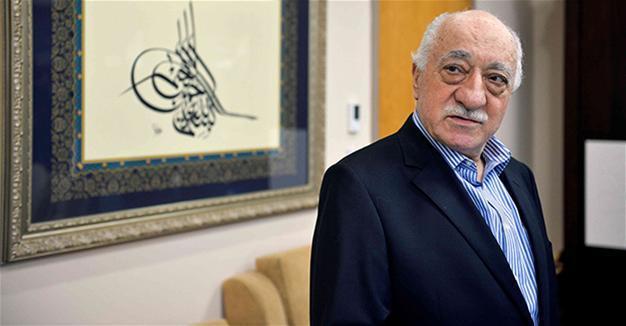Large-scale trial commences against Gülenists
ANKARA – Anadolu Agency

REUTERS photo
A court in Ankara began hearing on Nov. 22 a case into 73 suspects in the most extensive case yet against the Gülenist organization that is widely believed to have been behind the July 15 coup attempt in Turkey, with the leader of the group, Fethullah Gülen, being one of the prime suspects.
Four months after being accepted by Ankara 4th Court of Serious Crimes, the 600-page indictment laid out charges against the suspects, seven of whom are currently under arrest, demanding multiple times aggravated life term sentences in addition to imprisonments of up to 132 years and one month each.
The suspects face aggravated life term sentences for “attempting to violate the constitution” and “attempting to topple the government,” as well as other possible jail time for “forming an armed terror organization,” “political and military espionage” and “illegally seizing personal information,” together with five other counts related to the organization’s alleged activities.
Meanwhile, ahead of the major trial, Gülen’s lawyer, Alihan Uçar, who was appointed by the Ankara Bar Association, applied to withdraw from the key post. After his application was turned down by the association, Uçar opened a case with a court, demanding a stay of execution, which was approved.
The much detailed content of the document lays out the early foundation of the organization and gives key information concerning its activities.
It claims the group, which completed its organizational formation in 2007, started identifying itself as the “sole de facto ruler of the state after Sept. 12, 2010.”
In the indictment, the prosecutors detail the structural establishment of the group, its activities since its formation, the state institutions into which it infiltrated and its alleged crimes.
The document claimed that the group, “run de facto by Gülen … has a cadre system in the judiciary, the army, the police and the ministries,” tried to bring these institutions into its authority to transform them into its armed forces. “The establishment formed an unconditional [religious] communal sovereignty, organized vertically and in parallel to the state,” it added.
Meanwhile, Justice Minister Bekir Bozdağ said legal action had been taken against a total of 92,607 suspects, 39,378 of whom have been arrested so far as part of the investigation into the failed coup attempt.
